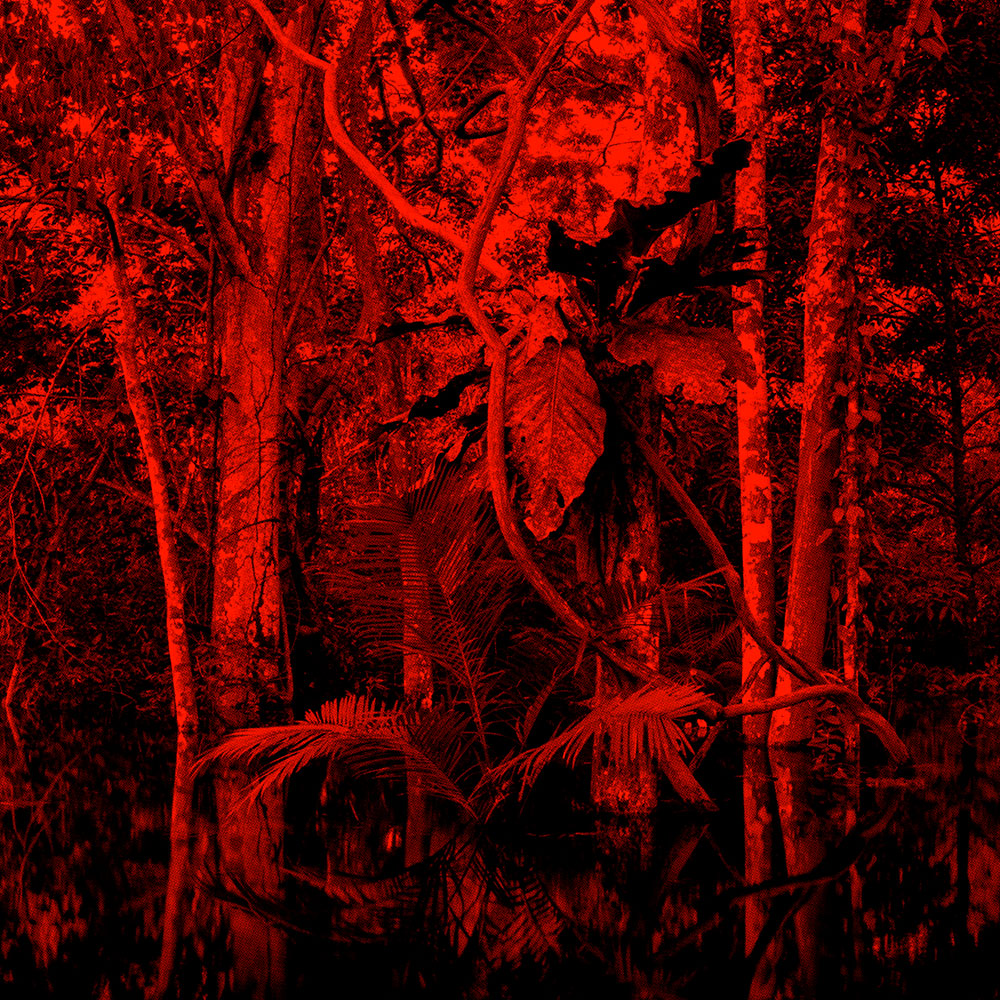
Strategic Committee
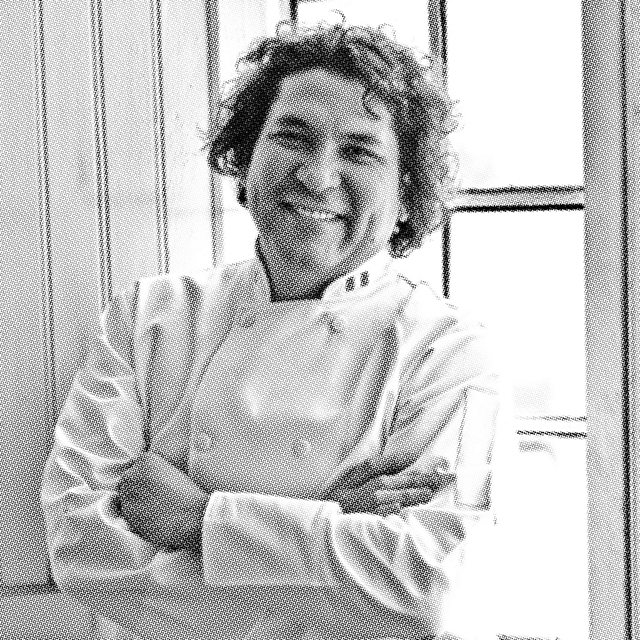
Gastón Acurio

Helena B. Nader
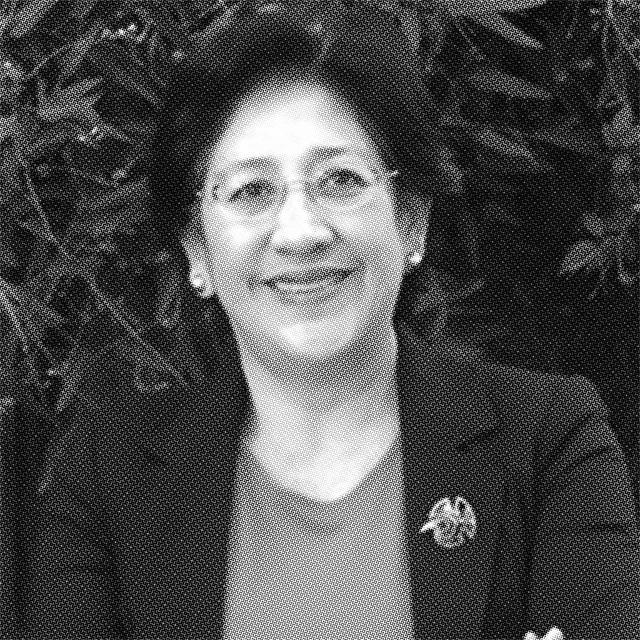
Avecita Chicchón
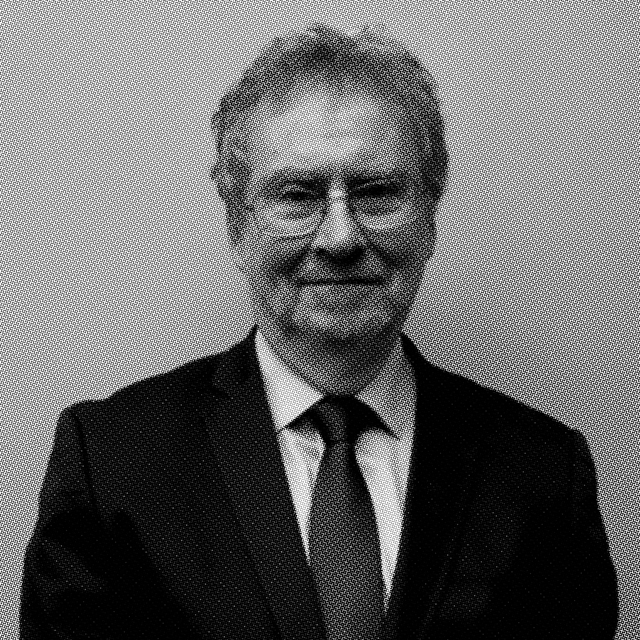
Luiz Davidovich
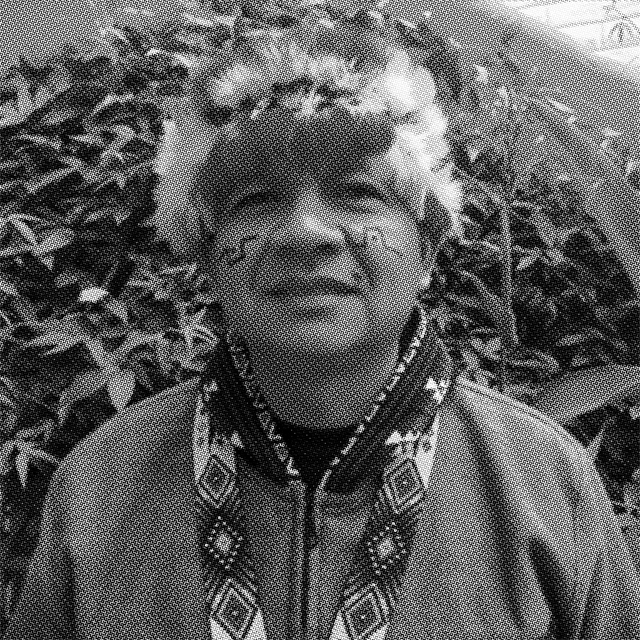
José Gregorio Díaz Mirabal
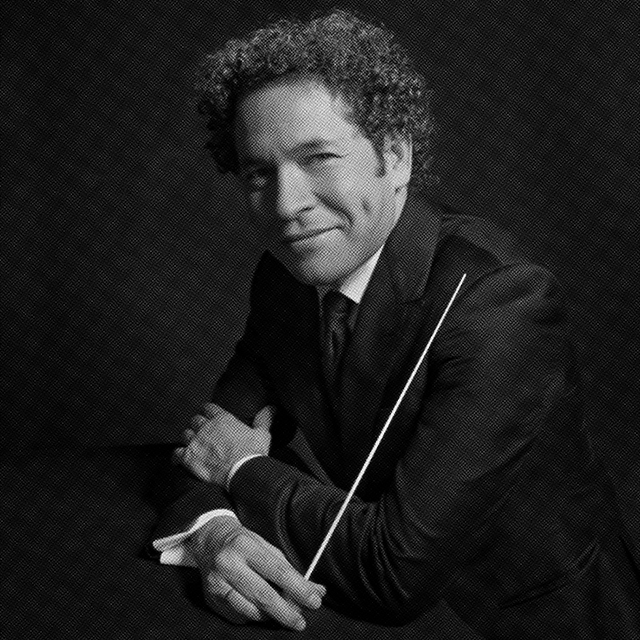
Gustavo Dudamel
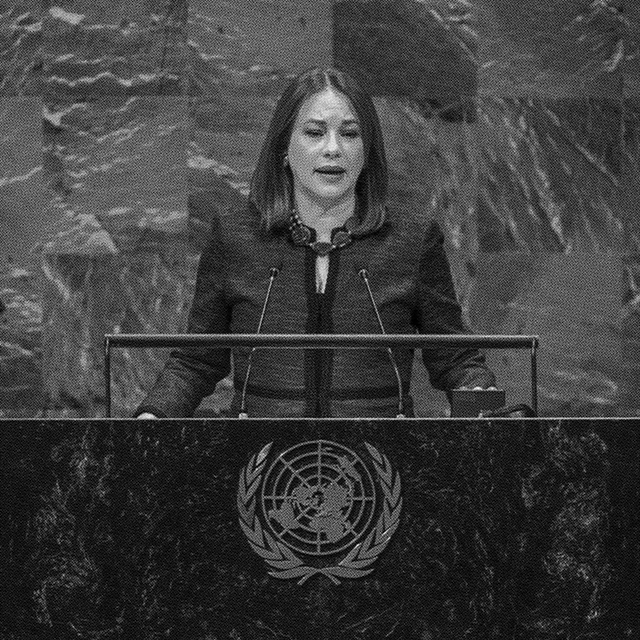
María Fernanda Espinosa Garcés
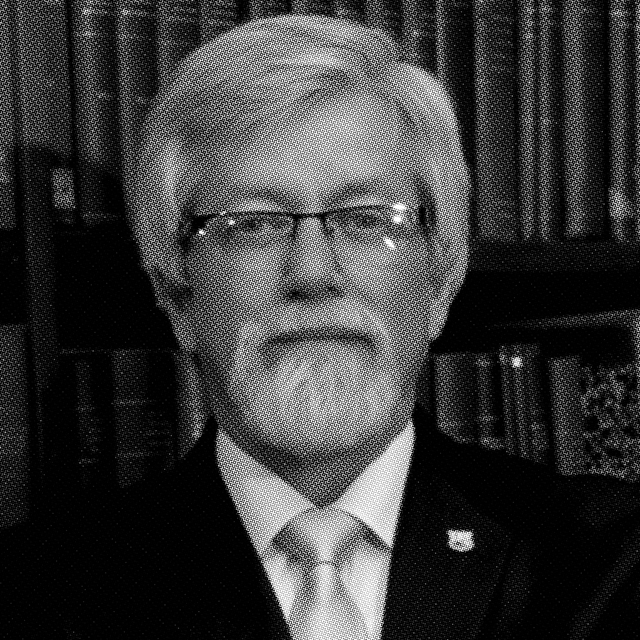
Enrique Forero

Ricardo Galvão
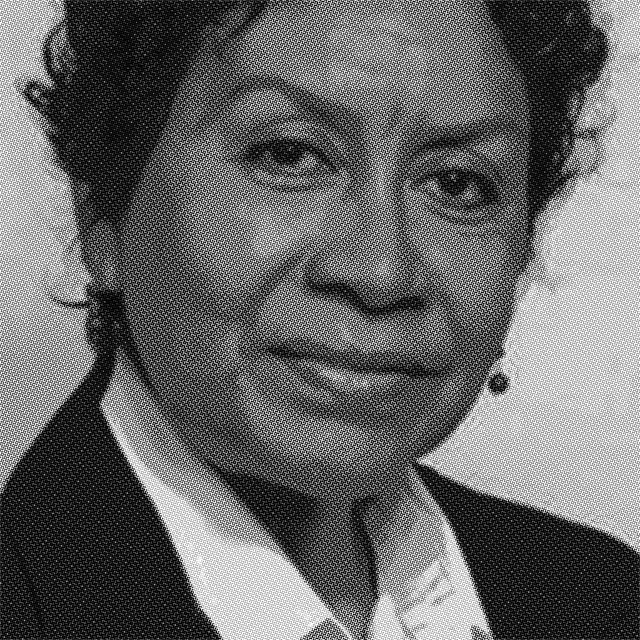
Valerie Garrido-Lowe

Angel Guevara

Marina Helou
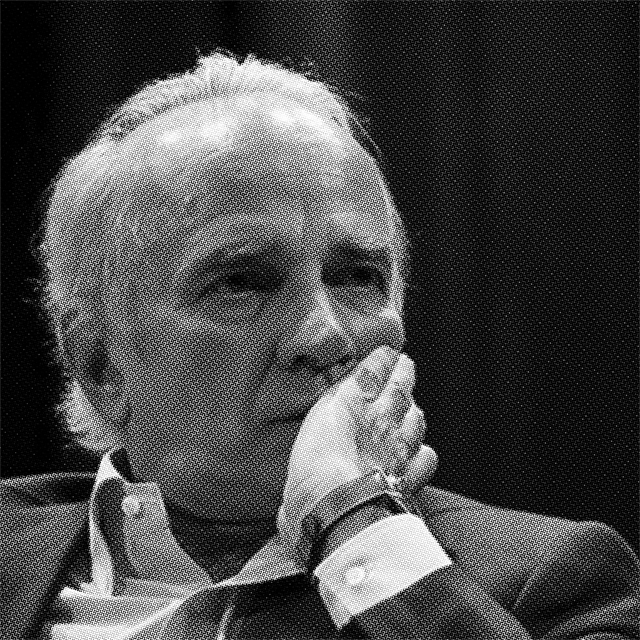
André Lara Resende
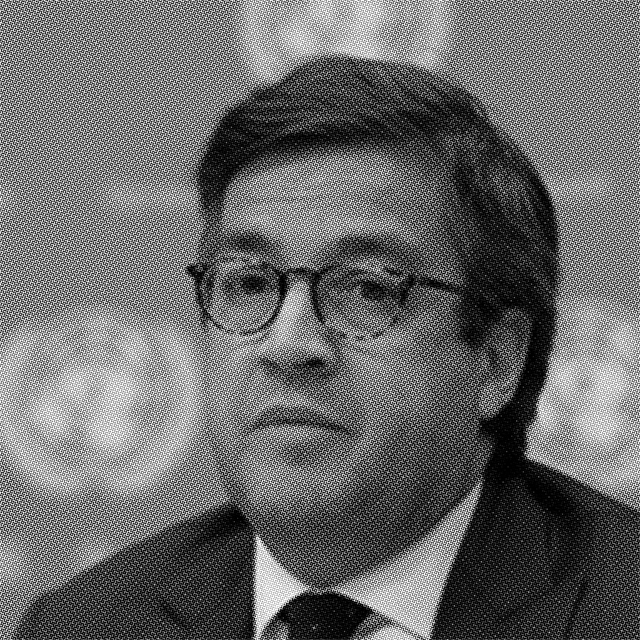
Luis Moreno
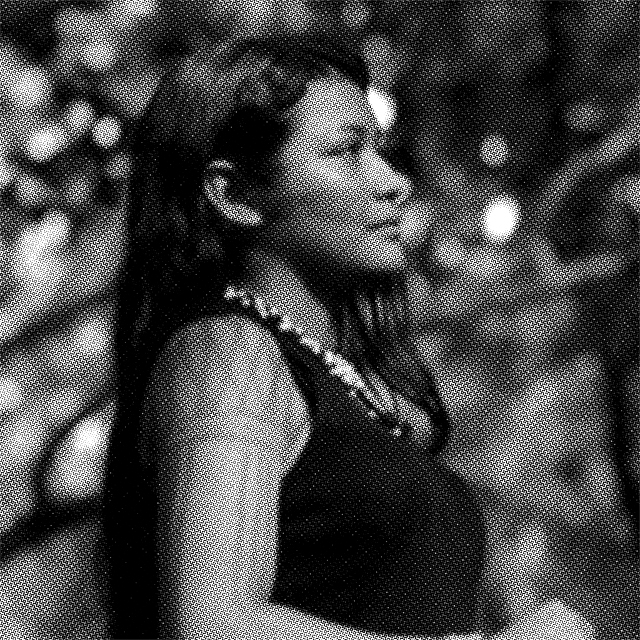
Beka Munduruku
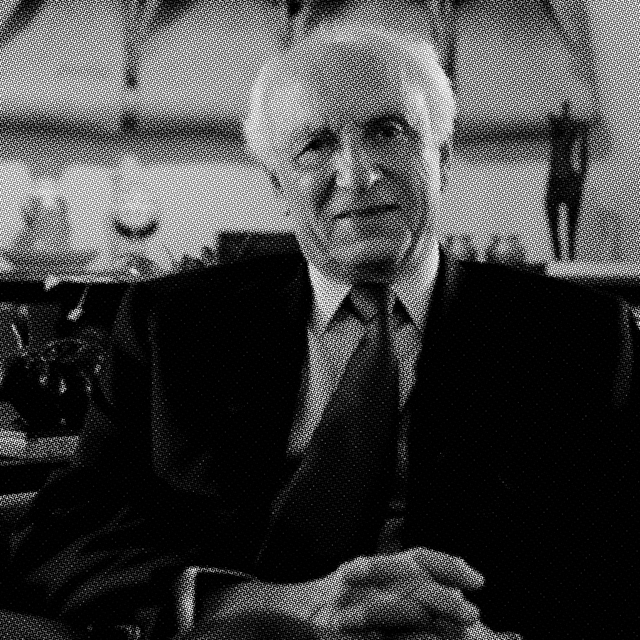
Rubens Ricupero
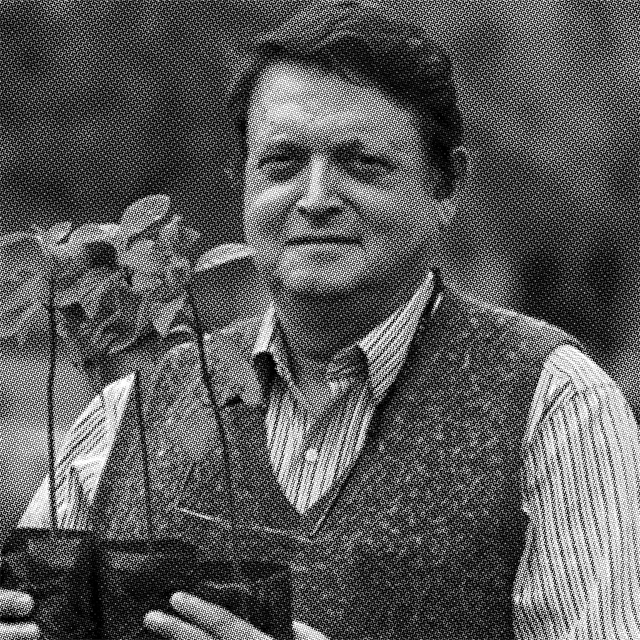
Fernando Roca*

Sebastião Salgado
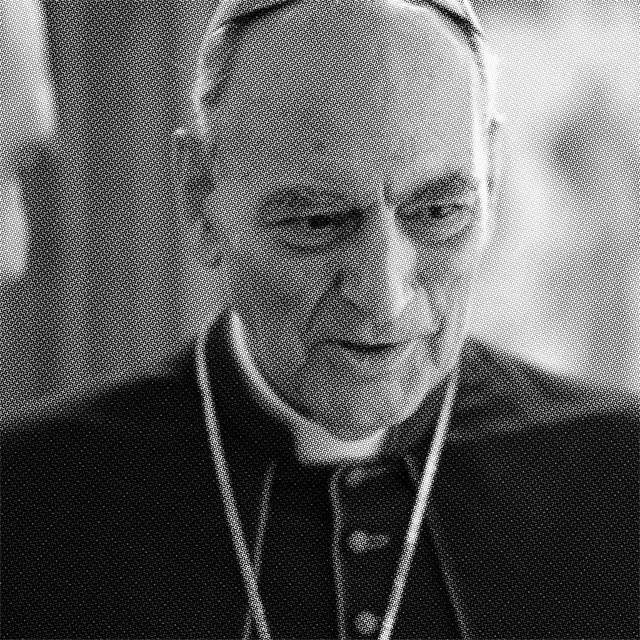
Marcelo Sánchez Sorondo
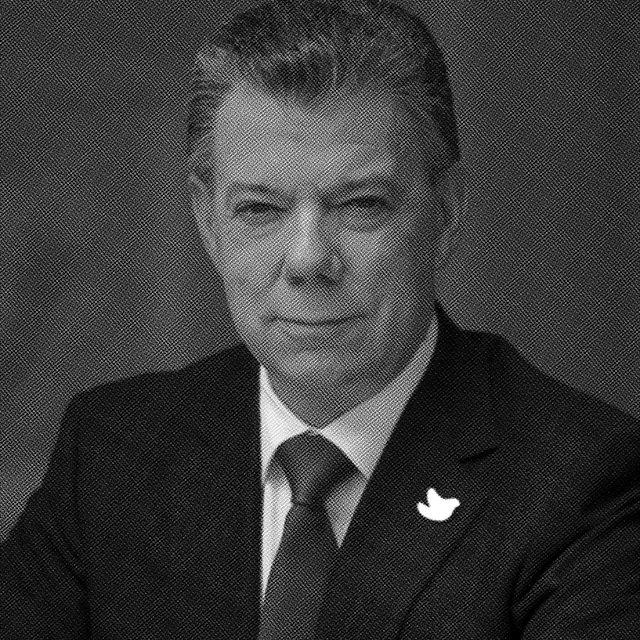
Juan Manuel Santos
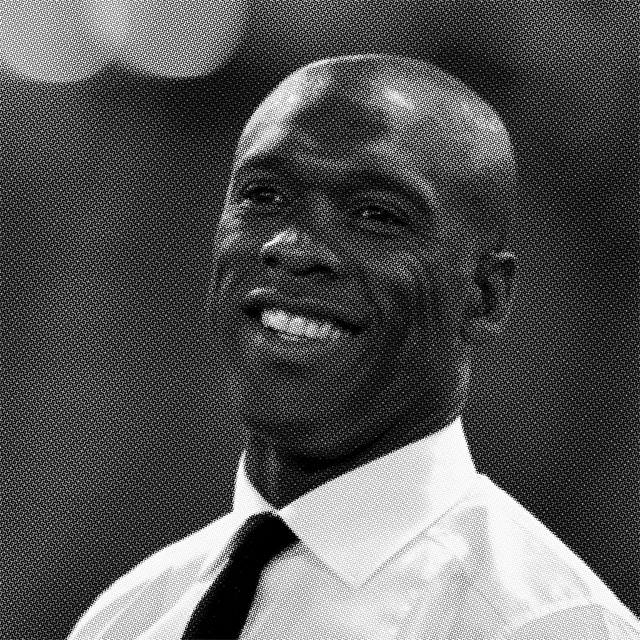
Clarence Seedorf
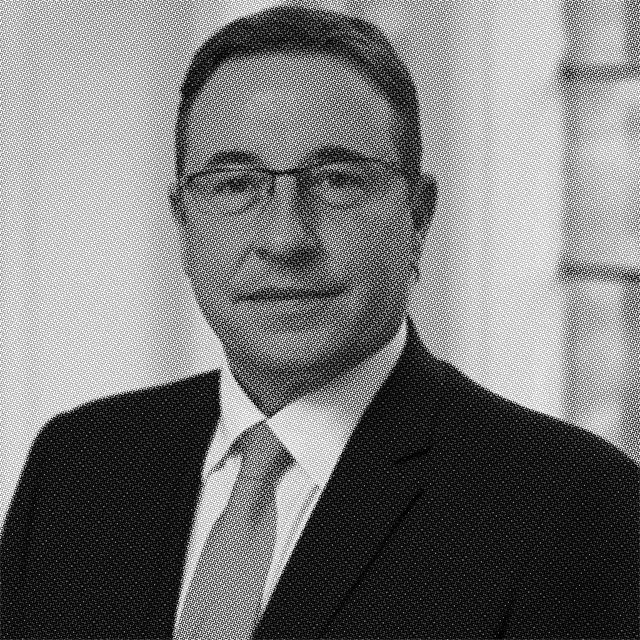
Achim Steiner
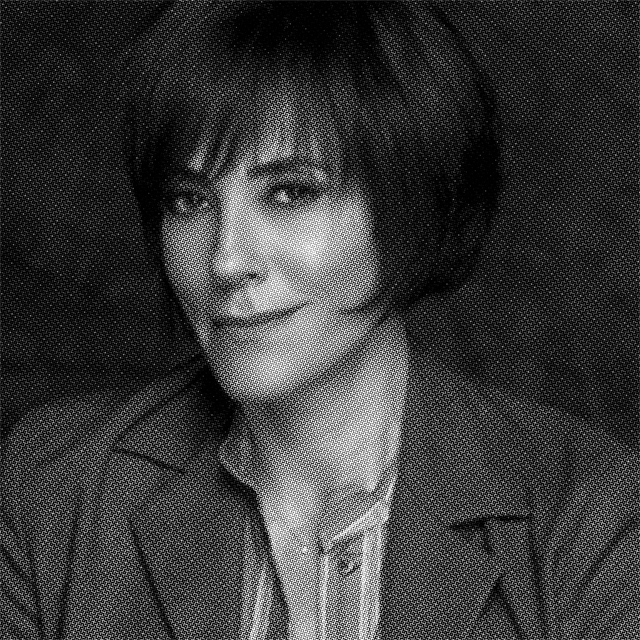
Christiane Torloni

Roberto Waack
























Gastón Acurio
Helena B. Nader
Avecita Chicchón
Luiz Davidovich
José Gregorio Díaz Mirabal
Gustavo Dudamel
María Fernanda Espinosa Garcés
Enrique Forero
Ricardo Galvão
Valerie Garrido-Lowe
Angel Guevara
Marina Helou
André Lara Resende
Luis Moreno
Beka Munduruku
Rubens Ricupero
Fernando Roca*
Sebastião Salgado
Marcelo Sánchez Sorondo
Juan Manuel Santos
Clarence Seedorf
Achim Steiner
Christiane Torloni
Roberto Waack
Co-Founder
Program Director
President
General Coordinator
Music and Artistic Director
President
Ministry of Indigenous Peoples Affairs
Congresswoman
President, Inter-American Development Bank (Colombia)
Member and Designated SPA Representative
Photographer and Co-Founder
Chancellor
Nobel Peace Prize
Administrator
Actress
"If we do not act now, we are on the verge of ethnocide. If the defenders of life disappear, humanity disappears. Feel our pain, understand our crisis."
“The ecology, economy, indigenous people, and spectacular beauty of the Amazonian forest is not only an important part of our past and present, but it is a critical component to our future.”
"In spite of its invaluable wealth and importance, the Amazon continues to be treated as a colony and suffers from the lack of wise and informed policies to guarantee its conservation and survival.”
“There is an urgent need to increase our knowledge of the interactions not only between plants, animals and ecosystems, but with the local Indigenous Peoples and their cultures as well, contributing, among other things, to the international efforts by the scientific community to break the barriers between the natural and the social sciences.”
“The Amazon region is the main green space on Earth and its conservation and sustainable development are crucial for mankind."
“People around the world, come and help us protect nature and fight the projects that want to destroy the forest!” (Reuters, January 2020)
“The world still does not have a satisfactory amount of scientific knowledge about the Amazon’s complex ecosystem in order to be able to define what modalities of economic activity will really prove sustainable in the long run.”
“For our planet, the Amazonian basin means high biodiversity and a genetic bank, ancient indigenous people with their traditional knowledge, hope for the new people that are growing or arriving there and the challenge to create new ways of sustainable development in a very complex ecosystem of forests and water.”
“The Indigenous communities, mostly in Amazonia, have no immunological protection against the diseases that come out of the forest... And we are not taking care. We must take care to protect these Indians. The contrary will be real genocide” (Democracy Now, May, 2020)
"Our dream is that of an Amazon region that can integrate and promote all its inhabitants, enabling them to enjoy 'good living'... We do not need an environmentalism that is concerned for the biome but ignores the Amazonian peoples."
“The Amazon is one of the lungs of the world and the indigenous communities that live there are the best guardians of this fundamental ecosystem. Preserving it should be a high priority if we want to save the planet.”
“I want to leave a positive legacy to the grandchildren of our grandchildren, respecting Earth because time is ticking and not much is left before the damages will be irreversible. Let’s prevent that from happening, together we can make it right!”
“The Science Panel for the Amazon will deepen the understanding of the impacts we have upon the people, nature and economies that depend on the Amazon and it will open our eyes to the consequences of the choices we make today and in the future.”
“Now more than ever, we have no doubts that our common home is in danger, so work towards the cause of the Amazon has become a life purpose.”
Gastón Acurio is a chef, writer, businessman, and promoter of Peruvian culinary arts. His Lima-based flagship restaurant, Astrid y Gastón, won the No.1 spot on the inaugural Latin America’s 50 Best Restaurants list in 2013 and has held a spot on The World’s 50 Best Restaurants list since 2011. With 50 restaurants across the world, Acurio Restaurantes is leading the Peruvian culinary revolution.
During the late ‘80s, Acurio attended law school; however, his passion for food was stronger, so he decided to leave college and began studying culinary arts at Le Cordon Bleu in Paris, where he met his future wife, German-born Astrid. In 1994, they founded Astrid y Gastón, one of the first restaurants of Peruvian haute cuisine. Initially very French-orientated due to his training, Acurio soon found himself experimenting with Peruvian ingredients and taking inspiration from local traditions to much acclaim.
He was named 2005 Entrepreneur of the Year by America Economía, a leading business magazine in South America. In 2009, Acurio received the “Prince Claus of Holland” international award in the category "Collective Memories and Journalism" for his significant contribution in the field of culture and development. Within the framework of Madrid Fusión, he was honored by the panel for defending the biodiversity of Peru and Latin America, and he was invited as a main speaker for the 2011 edition of Madrid Fusión. In 2018, Acurio was honored with the Diners® Club Lifetime Achievement Award, presented by The World’s 50 Best Restaurants awards and the international Eckart Witzigmann Award (ECKART) for “Innovation” with his wife, Astrid Gutsche.
With Lima becoming the gastronomical capital of South America, Acurio led the Mistura culinary festival in 2011, which drew more than 200,000 people from around the world. He served as president of APEGA (the Peruvian Gastronomy Society), which runs Mistura, until 2013. Today, he is still involved in the organization as a member of the board.
Acurio is the main supporter of the Pachacutec School of Cuisine based in one of the least fortunate areas in Lima, which provides underprivileged young people with a culinary institute with leading instructors.
As a writer, Acurio has published 20 best-selling books. His latest publication, 500 Años de Fusión (500 Years of Fusion), was considered the best cookbook worldwide at the 2008 Gourmand World Cookbook Awards.
Helena B. Nader is Professor Emeritus at the Federal University of São Paulo (Unifesp). She obtained her PhD at Unifesp and post-doctoral training as a Fogarty (NIH) fellow at the University of Southern California. Since 1985, she is a 1A (highest level) research fellow of the National Research Council for the Scientific and Technological Development (CNPq). Her research field is molecular and cell biology of glycoconjugates. At Unifesp, she was the first woman to become Pro-Rector of Undergraduate as well as Pro-Rector of Research and Graduate programmes. She is a member of several national councils related to science and education and has received several national and international awards and honours. Helena B. Nader is president of the Brazilian Academy of Sciences (ABC), co-chair of the Inter-American Network of Academies of Sciences (IANAS), vice-president for the Latin America and the Caribbean of The World Academy of Sciences (TWAS), and Governing Board member of the International Science Council (ISC). She is member of the ABC, TWAS, and the Latin America Academy of Sciencies (ACAL). Former president of the Brazilian Society of Biochemistry and Molecular Biology (SBBq, 2007-2008), she is also honorary president, former vice-president (2007-2011) and former president (2011-2017) of the Brazilian Society for the Advancement of Science (SBPC).
Dr. Avecita Chicchón has over 30 years of experience in the environmental field. As current Program Director of the Andes-Amazon Initiative at the Gordon and Betty Moore Foundation, she works to achieve the consolidation of protected areas and indigenous lands while addressing drivers of habitat change across the Amazon Basin.
Throughout her career, Avecita has helped to bring a rigorous social science perspective to the forefront of conservation theory and practice. Her contributions have resulted in the creation and effective management of several conservation areas supported by local stakeholders, particularly in Peru, Bolivia, Chile, and Cuba.
Before joining Moore, Avecita served as the Executive Director of the Latin America and Caribbean Program at the Wildlife Conservation Society, leading the organization’s work in 15 countries. As Program Officer for the MacArthur Foundation, she developed strategies and managed high impact grant-making portfolios in the Tropical Andes and the Caribbean. In the 1990s, Avecita worked for Conservation International as its first Country Director in Peru. She studied at the Pontificia Universidad Católica del Perú and University of Cincinnati, and she holds a Ph.D. in anthropology from University of Florida. In 2004, she received a Doctor Honoris Causa degree from the Universidad de la Amazonía Peruana (UNAP), and in 2017 a Distinguished Alumna Award from the University of Florida.
Dr. Luiz Davidovich is Professor of Physics at the Federal University of Rio de Janeiro. He has analyzed in detail the role of the environment in the dynamics of quantum coherence and quantum entanglement, and also in quantum metrology, contributing with theoretical developments and proposals for experiments, which have been performed in Europe and by his own group in Brazil.
In 2000, he was awarded the Brazilian Grand-Cross by the National Order of Scientific Merit. He won the 2001 Physics Prize from The World Academy of Sciences (TWAS). In 2006, he was elected foreign associate to the National Academy of Sciences of the United States of America. He also won, in 2010, the most important prize for science in Brazil, the Admiral Alvaro Alberto prize, awarded by the Brazilian National Research Council. He is a fellow of the Optical Society of America and of the American Physical Society. He was a member of the Executive Board of the International Council of Science (ICSU) between 2011-2014. He is President of the Brazilian Academy of Sciences and Secretary-General of TWAS. He also acted as Secretary-General of the 4th Brazilian National Conference on Science, Technology and Innovation for a Sustainable Development, held in Brasilia, Brazil, in May 2010.
José Gregorio Díaz Mirabal is the general coordinator of the Coordinator of the Indigenous Organizations of the Amazon Basin (COICA), which is made up of nine national Amazon organizations from Peru, Bolivia, Brazil, Ecuador, Colombia, Venezuela, French Guiana, Guyana and Suriname.
COICA has been working for the protection and promotion of the rights of the indigenous peoples of the Amazon for the last 35 years, especially territorial, environmental and cultural rights, as well as the protection of ancestral knowledge indigenous and collective intellectual property, the implementation of free, prior and informed consultation and the adoption of measures against climate change.
In this sense, José Gregorio Díaz Mirabal, as a member of COICA, had a fundamental role in presenting the indigenous position at the 23rd Summit against Climate Change (COP 23) and in the Synod for the Amazon held in Rome in 2019, and convened by Pope Francis. Mr. Mirabal had a principal role in condemning the increase of forest fires in 2019. More recently, his international advocacy to protect the rights and wellbeing of indigenous communities facing the COVID-19 pandemic is obtaining global acknowledgement. In addition, COICA has consultative status with the United Nations (UN) and participates in the Permanent Forum on Indigenous Peoples, and global initiatives such as the "Climate Alliance."
Driven by an unwavering belief that access to beauty should be a universal human right, Gustavo Dudamel is one of the most acclaimed conductors of his, or any other, generation. From the great concert halls to classrooms, video screens and movie theaters, his remarkable career of artistic and social achievements demonstrates music’s extraordinary capacity to transform people’s lives.
In appearances at the United Nations and the White House, and in interviews ranging from CNN to 60 Minutes to Sesame Street, Dudamel has served as a passionate advocate for music education and social integration through art, sharing his own transformative experience in Venezuela's El Sistema program as an example of how music can give a sense of purpose and meaning to youth, and help them to rise above challenging circumstances. In working with the many El Sistema chapters around the world, his own YOLA (Youth Orchestra of Los Angeles), and the Gustavo Dudamel Foundation, he continues his mission to bring art and society together in expansive, impactful ways.
As a conductor, Dudamel has worked tirelessly to ensure that music reaches an ever-greater audience, with performances at the Super Bowl Half-Time show, the Nobel Prize Concert, the Vienna Philharmonic’s New Year’s Day Concert, and many more. In 2019, he was honored with a star on the Hollywood Walk of Fame, and in 2020 he will conduct Bernstein’s iconic score for Steven Spielberg’s adaptation of West Side Story. His cinema, TV, radio, and online broadcasts, as well as his Grammy Award-winning discography, have reached hundreds of millions of people around the world. Now entering his eleventh year as Music & Artistic Director of the Los Angeles Philharmonic, and his 20th year as the Music Director of the Simón Bolívar Symphony Orchestra of Venezuela, he has broadened both the musical landscape, and the outreach efforts, of these and other great orchestras around the world.
María Fernanda Espinosa Garcés is an Ecuadorian politician and diplomat. She was the President of the United Nations General Assembly for the 73rd session, which started in September 2018.
María Fernanda has more than 20 years of multilateral experience in international negotiations, peace, security, defense, disarmament, human rights, indigenous peoples, gender equality, sustainable development, environment, biodiversity, climate change and multilateral cooperation, and has served as Chair of the Andean Community. At the fifty-sixth session of the Commission on the Status of Women, she promoted the adoption of the resolution presented by Ecuador entitled “Indigenous women: key actors in poverty and hunger eradication.”
María Fernanda was an advisor on biodiversity and indigenous peoples’ policy and later regional director for South America of the International Union for the Conservation of Nature, IUCN. She has also served Ecuador as Minister of Foreign Affairs, Coordinating Minister of Natural and Cultural Heritage, and as Minister of National Defense, in which she promoted the creation of the South American Defense School of the Union of South American Nations. In 2008, she was the first woman to become Permanent Representative of Ecuador to the United Nations in New York.
Before beginning her political and diplomatic career, María Fernanda was Associate Professor and Researcher at the Latin American Faculty for Social Sciences, FLACSO, where she established and coordinated the Program on Socio-Environmental Studies. She has written over 30 academic articles about the Amazon region, culture, heritage, sustainable development, climate change, intellectual property, foreign policy, regional integration, defense, and security.
Besides her political career, she is also a poet and essayist.
Dr. Forero holds a Ph.D. degree from the City University of New York. He has dedicated his life to teaching and research in botany, and to the conservation of biodiversity in the tropics. He held several important positions at the Institute of Natural Sciences of the National University of Colombia, such as Director of the Colombian National Herbarium, Head of the Botany Section, first director of the Graduate Program in Systematics and director of the Institute. He was also Dean of the Faculty of Sciences of the University. Outside of Colombia, he was Director of Research at the Missouri Botanical Garden, International Consultant at the National Center for Genetic Resources (Brazil), and first Director of the Institute of Systematic Botany of the New York Botanical Garden. He was also president of the Flora Neotropica Organization. He has been visiting and/or adjunct professor at universities and research centers in Brazil, Colombia, Denmark and the United States.
A firm believer in scientific cooperation, he laid the foundations for the creation of the Colombian Herbaria Association, founded the Latin American Botanical Association and was a founding member of the Scientific Committee of the Latin American Botanical Network. For 20 years he was actively involved with the International Union for the Conservation of Nature (IUCN) as a member in different capacities of the Species Survival Commission´s Plant Specialists groups. He was also a member of the joint IUCN-WWF Plants Advisory Group, and was the Colombian and South and Central American representative to the Convention on International Trade in Endangered Species of Wild Flora and Fauna (CITES). Since 2013, he has been President of the Colombian Academy of Exact, Physical and Natural Sciences. In this capacity he is currently a member of the Committee for Freedom and Responsibility in Science of the International Science Council and a member of the Executive Board of the Inter American Network of the Academies of Science (IANAS).
Ricardo Galvão was born in Itajubá, Brazil, in 1947. He holds a degree in Electrical Engineering from the Fluminense Federal University (1969), a master’s degree in electrical engineering from the State University of Campinas (1972), a Ph.D. in Plasma Physics from the Massachusetts Institute of Technology (1976), and a “Livre Docente” Degree in Experimental Physics from the University of São Paulo (1983). He is a full professor of applied physics at the University of São Paulo, having previously held the positions of Director of the Brazilian Center for Physics Research (2004-2011), President of the Brazilian Physics Society (2013-2016), and Director of the National Institute for Space Research (2016-2019). He is a member of the Brazilian Academy of Sciences and was bestowed the Sandoval Vallarta Physics Prize by the International Centre for Theoretical Physics, Italy (1984), the Distinguished Physics Teacher Award by the University of São Paulo (1992), the Carneiro Felippe Medal by the Brazilian National Commission for Nuclear Energy (2015), accolated by Nature one of the ten people who mattered in science in 2019, received the 2021 AAAS Award for Scientific Freedom and Responsibility and the “Grã-Cruz” of the National Order of Scientific Merit, Brazil (2023). He is currently President of the National Council for Scientific and Technological Development.
Valerie Garrido-Lowe is the Minister of Indigenous Peoples Affairs of the Co-operative Republic of Guyana. In 2011, her Political Party, the Alliance for Change, won six seats in the National Assembly and Ms. Valerie Garrido-Lowe was sworn in as a Member of Parliament. In 2015, Ms. Valerie Garrido-Lowe was sworn in by President David Granger as Minister, within the Ministry of Indigenous Peoples Affairs.
Minister Valerie Garrido-Lowe is dedicated to the areas of youth empowerment and sports, as well as the welfare of women and children. She has committed to improving the standard of living and lifestyle of youth and young adults who reside in the hinterland areas through the Hinterland Employment and Youth Service, which is aimed at creating sustainable jobs and providing youth with relevant skills towards becoming successful entrepreneurs.
In 2016, Minister Valerie Garrido-Lowe was appointed Patron for Women’s Football in Guyana by the Guyana Football Federation.
Dr. Angel Guevara is a Molecular Biologist specialist, who obtained his doctorate at the University of Sciences and Technologies of Lille-France. His thesis work was developed at the Pasteur Institute of Lille-France and he holds a postdoctoral training in Genetic Therapy and Immunology from the University of California, Davis. He has been a professor-researcher at the Medical School of the Universidad Central del Ecuador since 2009. Dr. Guevara was coordinator of the DNA Laboratory from the office of the Attorney General of Ecuador (FGE) from 2010 to 2014, and a professor-researcher at the Army University (ESPE) from 2004 to 2010. He has been a quality control manager at the Clinical Laboratory AXXIS since 2019. Dr. Guevara has recently become the President of the Academy of Sciences of Ecuador.
Since 1989, he has been involved in scientific research on human diseases that affect the most disadvantaged populations and those with less access to healthcare in Ecuador. He participated in a research program leading to the elimination of Onchocerciasis, a parasitic disease in Ecuador, and this achievement was recognized and certified by the World Health Organization and the health authorities of Ecuador. Dr. Guevara is also the former Director of the Biomedical Research Institute “Rodrigo Fierro Benítez” at the Universidad Central del Ecuador in Quito, where he is currently developing scientific research projects.
Marina Helou is a state Congresswoman in São Paulo for the “Rede Sustentabilidade” party (Sustainability Network, in English). She graduated in public administration from Fundação Getúlio Vargas (EAESP-FGV), specializing in business and sustainability at Fundação Dom Cabral/Cambridge University.
She participated in the Rede de Ação Política pela Sustentabilidade – RAPS (Political Action Network for Sustainability), a supra-party organization that seeks to contribute to the improvement of democracy and the Brazilian political process, through the formation, connection, support and development of political leaders committed to sustainability. Marina is a Young Raps 2015, Lider Raps 2016 and Public Leader Raps / Lemann. She is also one of the leaders supported by the RenovaBR movement.
She worked at the Activist Bench and in the Acredito Movement and in 2017 coordinated the New Democracy coalition. She was elected Congresswoman in the 2018 elections with almost 40 million votes. In 2018, she helped found the “Vote Nelas” movement, which works to elect more women to the Legislature across the country. She worked for eight years at Natura, focusing on human development, created an area of diversity and founded the Corporate Social Inclusion Network.
André Lara Resende is the former President of the Brazilian Development Bank (BNDES). He is a managing partner of Makalu Participações e Investimentos Ltda., a founding partner of Instituto de Estudos em Política Econômica da Casa das Garças, and a member of the Board of Directors of the International Advisory Board of Itaú-Unibanco.
He worked as Executive Director of Banco de Investimentos Garantia, Unibanco and Banco Matrix, was a managing partner of Lanx Capital Investimentos, and a member of the Board of Directors of Gerdau SA and Metalúrgica Gerdau SA. He was also a member of the Board of Directors of the Central Bank of Brazil and chief external debt negotiator for Brazil, being an advisor to the President of Brazil during the Fernando Henrique Cardoso administration.
He is an Adjunct Senior Research Scholar at the School of International and Public Affairs, Columbia University, and was a professor at the Pontifical Catholic University of Rio de Janeiro (PUC-Rio). He also wrote “Os limites do possível: A economia além da conjuntura”, the Jabuti Award 2014 winning publication for book of the year in Economics, Finance and Business.
Luis Alberto Moreno assumed the presidency of the Inter-American Development Bank (IDB) in October 2005. As President of the IDB, Moreno also chairs the Board of Executive Directors of the Inter-American Investment Corporation (IIC) and the Donors’ Committee of the Multilateral Investment Fund (MIF), both institutions of the IDB Group.
Under Moreno’s leadership, the IDB Group has played an increasingly prominent role in infrastructure development, renewable energy and the environment; climate resilience and adaptation; sustainable cities; digital connectivity and innovation; base-of-the-pyramid markets; and education. He also launched the Americas Business Dialogue and ConnectAmericas, two platforms that promote stronger business ties among the Americas.
Before joining the Bank, Moreno served as Colombia’s Ambassador to the United States for seven years. In his country, he served as Minister of Economic Development and President of the Instituto de Fomento Industrial. In the private sector, he served as advisor to major Colombian and foreign investors and was executive producer of a leading television news program.
Moreno has received numerous distinctions awarded by governments and private entities, including the Grand Cross of the Order of Boyacá and the Clinton Global Citizen Award for Leadership in Public Service.
Beka Munduruku is a 16 year old indigenous leader of the Munduruku people, located near the Tapajós River (Brazil). Munduruku is the name given to the red ants of the Amazon Rainforest, and Beka’s tribe received this name due to the way in which their warriors stand side by side, as a group of ants do.
Beka has been called “Amazônia’s Greta Thunberg” by Brazilian environmentalists, due to her actions against deforestation in the region. In 2019, a video from Beka was shown at the Vatican and the United Nations Climate Summit, with the goal of presenting to the world how the Amazon tribes live, as well as showing how young generations are committed to maintaining their language and culture.
Today the Munduruku people face serious threats to their homelands, coming from the dams of the Tapajós hydroelectric complex, illegal gold-panning, and a new waterway construction on the Tapajós River.
Ambassador Ricupero was UNCTAD’s fifth Secretary-General from 1995 to 2004. Previously, he served as the Brazilian Minister of the Environment and the Amazon, and also as Minister of Finance, in which he supervised the launching of the Brazilian economic stabilization program.
His diplomatic posts have included Ambassador and Permanent Representative to the United Nations in Geneva; Ambassador to the United States of America; and Ambassador to Italy. At the General Agreement on Tariffs and Trade (GATT), he served as Chairman of the Council of Representatives; Chairman of the Contracting Parties; Chairman of the Committee on Trade and Development; and Chairman and Spokesman of the Informal Group of Developing Countries.
Ambassador Ricupero also headed the Brazilian delegations to the United Nations Commission on Human Rights and the Conference on Disarmament, both in Geneva, and served as Chairman of the Finance Committee at the United Nations Conference on Environment and Development.
Dr. Fernando Héctor Roca Alcázar is a Professor at the Pontificia Universidad Católica del Perú and member of the National Academy of Sciences of Peru and the Geographical Society of Lima.
He holds a M.A. degree in Theology from the Faculté Pontificale de Théologie de la Compagnie de Jésus, France, and a Ph.D. degree in Social Anthropology with specialization in Ethnobiology from the École des Hautes Etudes en Sciences Sociales, France.
Dr. Roca is the author of several books and research on Communications, Ecology, Botany, Ethnobotany, Amazonia and Sustainable Development.
Sebastião Salgado is a French-Brazilian photographer.
Between 2004 and 2011, Salgado worked on Genesis, aiming at the presentation of the unblemished faces of nature and humanity. It consists of a series of photographs of landscapes and wildlife, as well as of human communities that continue to live in harmony with their ancestral traditions and cultures. This body of work was conceived as a potential path to humanity’s rediscovery of itself in nature.
Lélia Wanick Salgado and Sebastião have worked since the 1990s on the restoration of a part of the Atlantic Forest in Brazil, turning this land into a nature reserve, where they created the Instituto Terra, dedicated to a mission of reforestation, conservation and environmental education.
Salgado and his work are the focus of the documentary film The Salt of the Earth (2014), co-directed by Wim Wenders and Juliano Ribeiro Salgado. The film received a special award at Cannes Film Festival, and won the 2014 Audience Award at the San Sebastián International Film Festival, the 2015 Audience Award at the Tromsø International Film Festival and the César Award for Best Documentary Film at the 40th César Awards. It was also nominated for the best Documentary Feature at the 2015 Academy Awards.
Salgado just completed a photographic project about Brazil’s Amazon forest and its inhabitants, the indigenous communities; it aims to raise awareness on the threats they face from illegal logging, gold mining, dam building, cattle and soybean farming and, increasingly, from climate change. This work will be presented in the form of books and exhibitions in 2021.
Salgado is a UNICEF Goodwill Ambassador. He was awarded the W. Eugene Smith Memorial Fund Grant in 1982, Foreign Honorary Membership of the American Academy of Arts and Sciences in 1992, and the Royal Photographic Society's Centenary Medal and Honorary Fellowship (HonFRPS) in 1993. He has been a member of the Académie des Beaux-Arts at the Institut de France since April 2016. In 2019, Salgado was elected Foreign Honorary Member of the American Academy of Arts and Letters, New York, USA, and honored with the Peace Prize of the German Book Trade, Germany.
Monsignor Marcelo Sánchez Sorondo is an Argentine Catholic bishop, the current Chancellor of the Pontifical Academy of Sciences and the Pontifical Academy of Social Sciences. He was consecrated as Titular Bishop of Forum Novum (Vescovio, Italy) by Pope John Paul II in 2001, and was made a member of the Pontifical Commission for Latin America in 2011 by Pope Benedict XVI.
His early work centered around an innovative examination of the primary function of the idea of participation in the core theological approach of St. Thomas Aquinas. Drawing upon recent developments in critical research into the structure of the thought of Aristotle, Sánchez Sorondo examined the different interpretations of this philosopher.
Having issued a long set of various publications in the sciences, Monsignor Sánchez Sorondo earned several honors such as the Légion d’Honneur of France in 2000. He was also decorated as Cavaliere di Gran Croce of the Italian Republic (1999), official of honour of the Légion d’Honneur of France (2000), Grão Mestre da Ordem de Rio Branco of Brazil (2004), Official of Austria (2004) and Knight of Chile (2006). He was appointed Chaplain Grand Cross of Merit of the Sacred Military Constantinian Order of Saint George in 2006 by Infante Carlos, Duke of Calabria and Vice-Grand Prior of the Order in 2008.
In 2019, the Pontifical Academy of Sciences, governors from the Pan-Amazon region and officials from the United Nations, among others, signed a declaration of commitment to sustainable development in the Amazon. The declaration consists of 14 pledges to “build together effective solutions for sustainable development of Amazonia.” Monsignor Sánchez Sorondo was one of the signatories.
Juan Manuel Santos was the President of Colombia from 2010 to 2018, and the sole recipient of the Nobel Peace Prize in 2016 for “his resolute efforts to bring the country’s more than 50-year-long civil war to an end.”
He was one of the initial promoters of the Sustainable Development Goals (SDGs) that became the world’s agenda in 2015 (he officially proposed them in the Rio+20 Summit in 2012). For his aggressive environmental policies to protect his country’s biodiversity and fight climate change, he was awarded the Royal Botanic Gardens Kew International Medal and the Wildlife Conservation Society Theodore Roosevelt Award for Conservation Leadership. Furthermore, the National Geographic Society honored him for his unwavering commitment to conservation and Conservation International awarded him the Global Visionary Award.
Before being President, he was Minister of Foreign Trade, Minister of Finance and Minister of Defense. Santos graduated with honors from the Colombian Naval Academy in Cartagena. He holds a Business and Economics degree from the University of Kansas (1969) and did postgraduate studies at the London School of Economics (1973-1974), in the Fletcher School of Law and Diplomacy at Tufts University and at Harvard University as a Fulbright fellow, where he obtained a Master’s in Public Administration from the Kennedy School of Government (1981). He was a Nieman Fellow (1987-1988) and Angelopoulos Global Public Leaders Fellow also at Harvard (2018-2019). He has been awarded honorary doctorate degrees in various universities, including La Sorbonne and the London School of Economics.
President Santos is currently the Chairman of the Board of COMPAZ Foundation, which he created to promote peace, protect the environment and fight poverty. He is also part of The Elders and the Global Commission on Drug Policy, as well as a member of the board of the International Crisis Group and the Wildlife Conservation Society. He is a visiting professor at Oxford University. In addition, he was recently elected as a member of the Rockefeller Foundation Board of Trustees, and he was appointed as Arnhold Distinguished Fellow by Conservation International.
Clarence Clyde Seedorf is the most successful player in Dutch history, having also coached on four Continents (South America, Europe, Asia, Africa).
Seedorf is one of the five people in the world to have been chosen by Nelson Mandela to be a Legacy Champion. He is UEFA Global Ambassador for Diversity & Change and Member of the FIFA Diversity Award Jury.
Clarence Seedorf has an Honoris Causa Degree in Humanities and the highest civil Decorations in Suriname and in the Netherlands for the contribution given to both countries on different fields. During his whole career, Clarence Seedorf has always used sport and its influence to promote change and create a better world.
Seedorf speaks 6 languages, completed his education in business, sport psychology and NLP (neuro-Linguistic programming) in the most prestigious universities, becoming also assistant Professor in Sport Science at Catholic University of Milano. Clarence Seedorf has been a blogger for the New York Times and travels the world inspiring the next generations, from youth jails in Brazil to students at Oxford University. Seedorf is currently a member of the Support Committee at the Fondazione Veronesi, a foundation committed to promoting scientific research.
Achim Steiner currently serves as the Administrator of the United Nations Development Programme.
Steiner started his career in 1989 at GIZ. After that, he served as Secretary-General of the World Commission on Dams and as Director General of the International Union for Conservation of Nature (IUCN).
In 2006, he was nominated by Secretary-General Kofi Annan to become Director of the United Nations Environment Programme (UNEP), being unanimously elected by the United Nations General Assembly for a four-year term. His mandate was later extended twice, at the proposal of Secretary-General Ban Ki-moon. Within the UN system he also chaired the High-level Committee on Programmes of the United Nations System Chief Executives Board for Coordination and the United Nations Environment Management Group.
In 2017, Steiner was appointed by Secretary-General António Guterres to become the Administrator of the United Nations Development Programme (UNDP), being elected for a four-year term. In 2018, Guterres also appointed him to co-chair (alongside Maria Ramos) the United Nations Task Force on Digital Financing of Sustainable Development Goals.
Christiane Torloni is a famous Brazilian actress and producer with a career of more than 45 years. She has been featured in 14 plays, 27 soap operas and 16 movies. Torloni has been acting since 1975 and has received several Brazilian National Awards.
Christiane is publicly engaged in various social and environmental causes, many of which she leads personally. As a political activist, she has participated in “Diretas Já” – a civil movement claiming direct presidential elections in Brazil after the military dictatorship in 1983-1984. One of the pledges led by her was the Amazon Forever (amazoniaparasempre.com.br) project, with the goal of stopping deforestation and demanding the protection of the forest, which gathered over one million signatures sent to the Brazil National Congress and won the 2011 Prêmio Chico Mendes de Florestania (Chico Mendes Florestania Award 2011). In 2009, she was honored by the World Health Organization for lending her image to actions aimed at reducing the mortality rate of women during pregnancy and childbirth.
Christiane is the creator, producer and one of the directors of the 2019 documentary “Amazonia, the Awakening of Florestania." The idea of the movie arose from the Amazon Forever project, and proposes a reflection on how the implementation of misconceived public politics can jeopardize the future of the forest, and how citizenship and Florestania are indivisible pieces of such a vulnerable chain.
Roberto S. Waack is a biologist with master in New Institutional Economics by the University of Sao Paulo. Has over 35 years’ experience as senior executive of pharmaceutical and forestry companies. In the last 20 years, leaded enterprises in the Amazon region, involving sustainable management and forest restoration. As entrepreneur, is a founding member and shareholder of companies in biotechnology and forest sectors. His career in the private sector was always connected with academic and civil society initiatives, namely in the governance level. Roberto acted as board member (chairman for 3 years) of the Forest Stewardship Council (FSC), Global Reporting Initiative (GRI), WWF Brasil, Ethos Institute Brazil, Funbio (Brazilian Biodiversity Fund) and others. As a strong believer of multistakeholder initiatives, Roberto has acted as a founding member of the Brazilian Coalition for Climate, Forests and Agriculture and the Brazilian Coalition for the Amazon, involving hundreds of actors from the private sector, academy and civil society. Both movements are involved in negotiations, conflict resolutions, knowledge development and advocacy, dealing with the diversity and ambiguities of a plural and complex society connected to land use, food security, forests and climate change. Presently Roberto is serving in governance bodies of private companies in the agribusiness, forestry and circular economy fronts, such as Marfrig, Braskem-Wise Plasticos, Tupy, SuperBid and Re.green. He is the Chairman of the Board of the philanthropic think tank Arapyau and an Associate Fellow of Chatham House (London).
